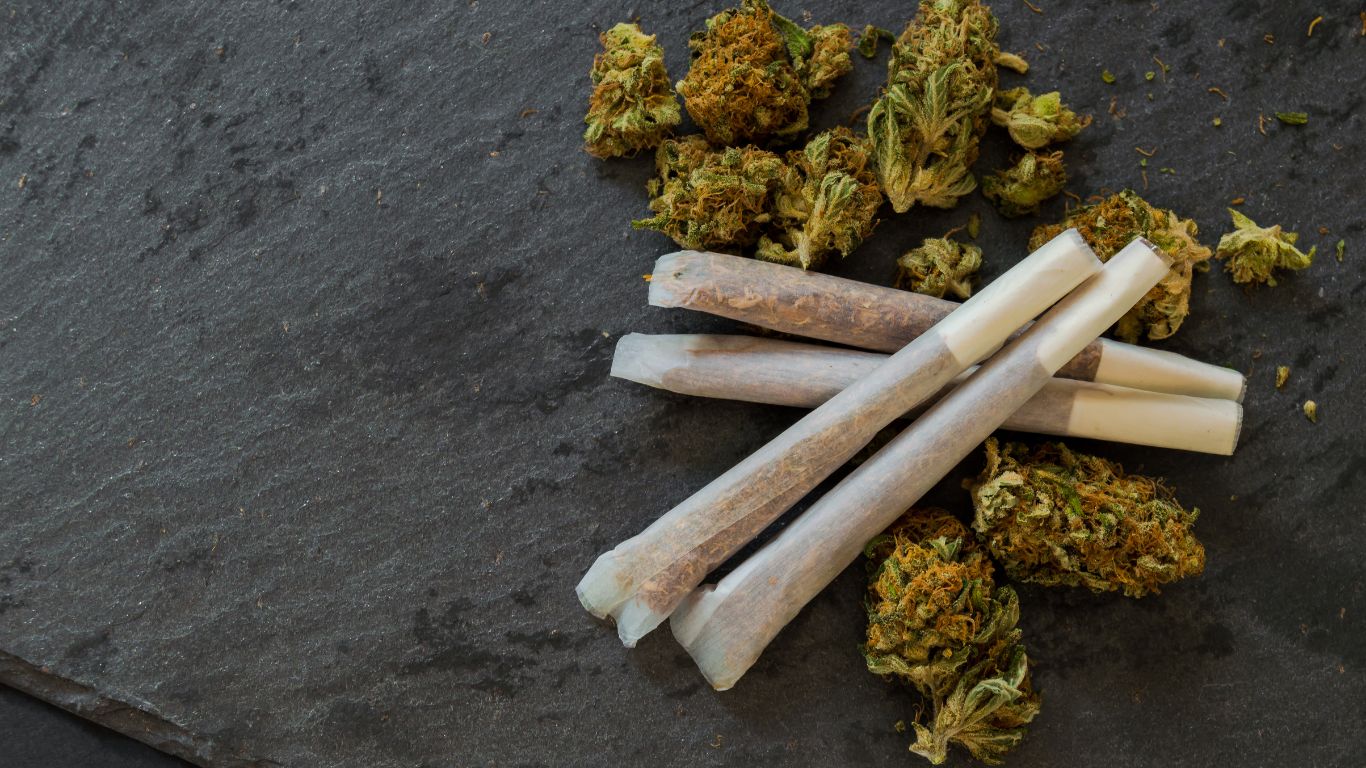In multiple states, medical marijuana and cannabis have been legalized for recreational use as well. Proponents of medical marijuana cite evidence of treatment for myriad conditions, ranging from glaucoma to nausea, to aiding in chemotherapy and Parkinson’s treatment. THC and CBD, the active cannabinoids in marijuana, produce mind and mood-altering effects, so even medical usage of marijuana could be dangerous for people in addiction recovery. From causing signs of addiction to possibly leading to the use of harder drugs, there are good reasons for people in recovery to avoid marijuana usage.
Can You Smoke Weed While in Addiction Recovery Safely?
Even with the intended medical use of marijuana, any drug that produces a high can lead to addiction. For substance abusers in recovery, trying to avoid problematic behavior and dependence, alternative treatments for chronic pain or addiction without the use of any drugs exist. With many drug rehab programs, treatment centers face a challenge to address the underlying psychological and emotional factors of drug addiction. Dual diagnosis treats addiction with attempts to heal the whole individual by examining mental health factors such and bipolar or anxiety disorders, PTSD, grief and loss, and anger management. Smoking weed in recovery could destroy the progress made during drug rehab at rehab centers.
What Are the Dangers of Marijuana Maintenance and Smoking Weed in Recovery?
Though each recovery is different for each individual, drug addicts, and substance abusers should know using marijuana while in recovery could lead to a relapse over time, potentially even to the use of harder drugs. The euphoric effects of THC could become addictive. Over-indulgence in marijuana can lead to psychological dependence, which in turn can cause cravings, anxiety, irritability, and depression. These signs of addiction could also convince the user that cannabis side-effects need to be mitigated with their drugs of choice, such as heroin or alcohol. Drug addicts in recovery could find themselves walking a dangerous path back into harmful behaviors and illicit drugs.
How to Avoid Relapsing on Marijuana
Any change in behavior takes time and commitment. For people in recovery, avoiding cannabis use may be part of a relapse prevention plan during drug addiction treatment. Avoiding normal triggers that may lead to a desire to smoke marijuana will help, as well as being surrounded by loved ones who can offer support. Searching online reveals many sources and tips for sober living. Rehab centers might also suggest family therapy to aid in addressing the key issues determined by the dual diagnosis that forms a dependence on drugs and alcohol. Though smoking marijuana in recovery isn’t guaranteed to be harmful, smoking cessation could be a paramount element of relapse prevention.
Let TruPath Recovery Help You Achieve Long-Term Sobriety
TruPath offers a complete continuum of care from detox to inpatient and outpatient treatment, with therapeutic services complemented by customized holistic interventions. While in our programs, our clients have access to medical care, targeted therapy, and a variety of recovery opportunities. We treat drug and alcohol addiction, as well as the dual diagnosis of mental health and substance use disorders. Support groups such as Narcotics Anonymous (NA) and Alcoholics Anonymous (AA) help substance abusers stay on track to receive weekly support from a therapist. TruPath guides drug and alcohol addicts through recovery until they can move from the rehab facility to live with family members or a sober living facility. Our nationwide network of addiction treatment and recovery centers in New Jersey and Los Angeles. Contact TruPath today to ask about what treatment paths are best for you, and how we can help keep you on the path of drug addiction treatment.
